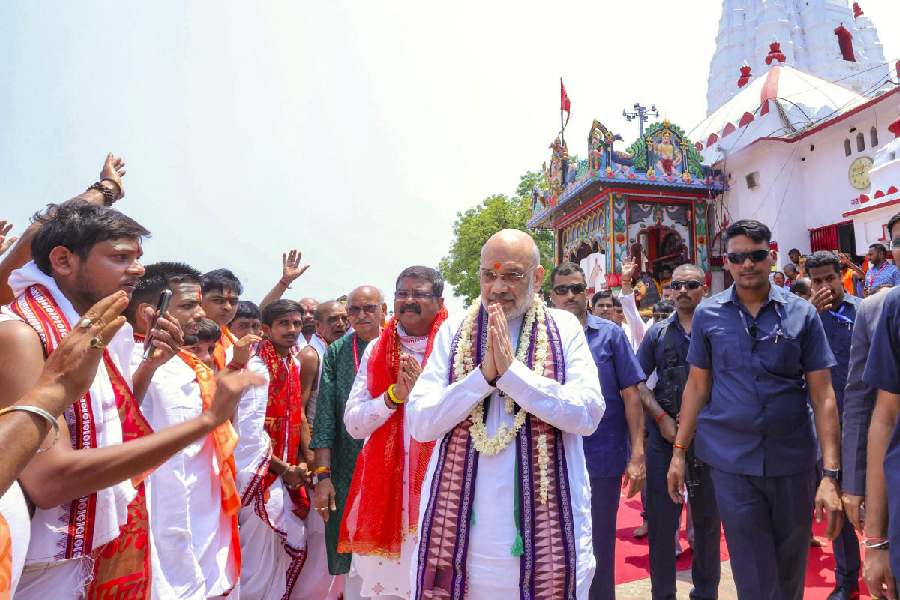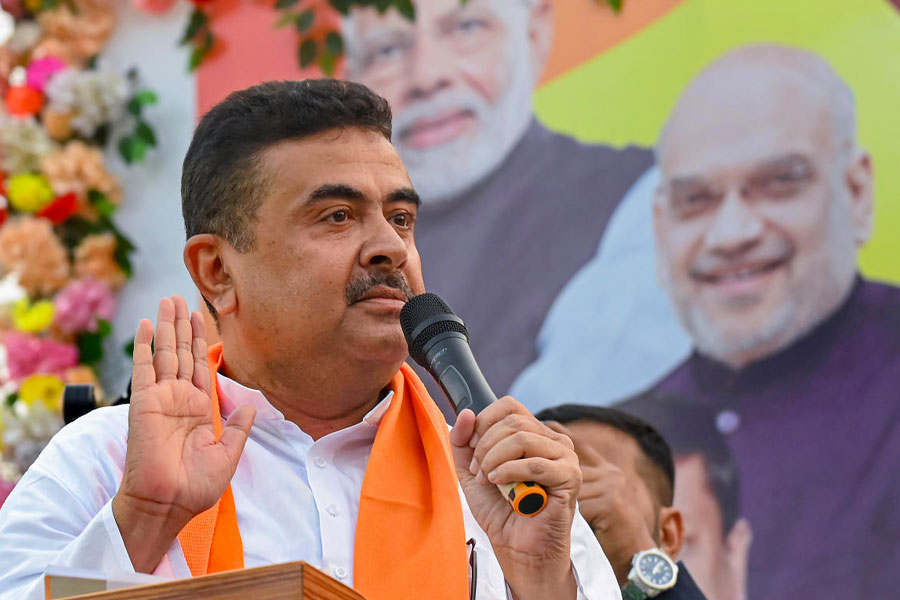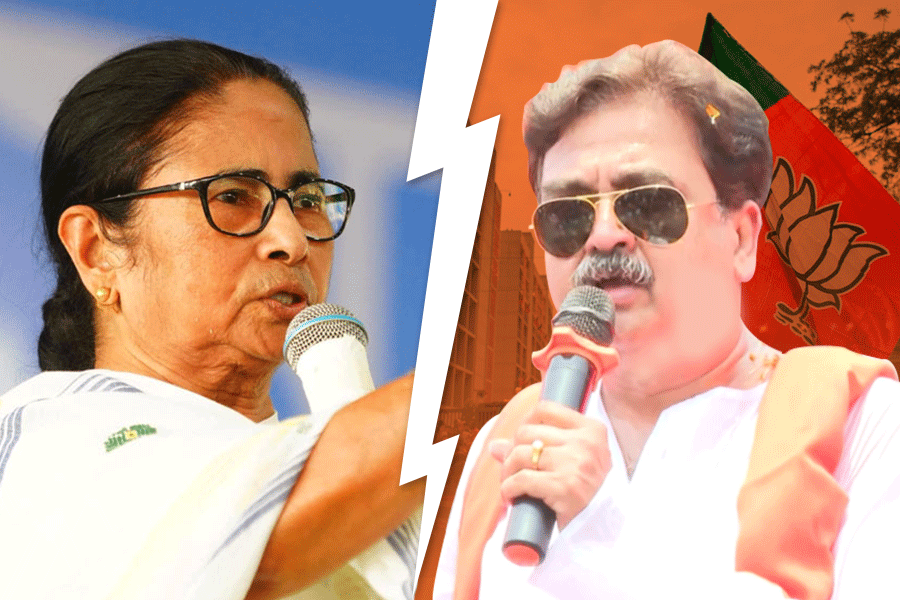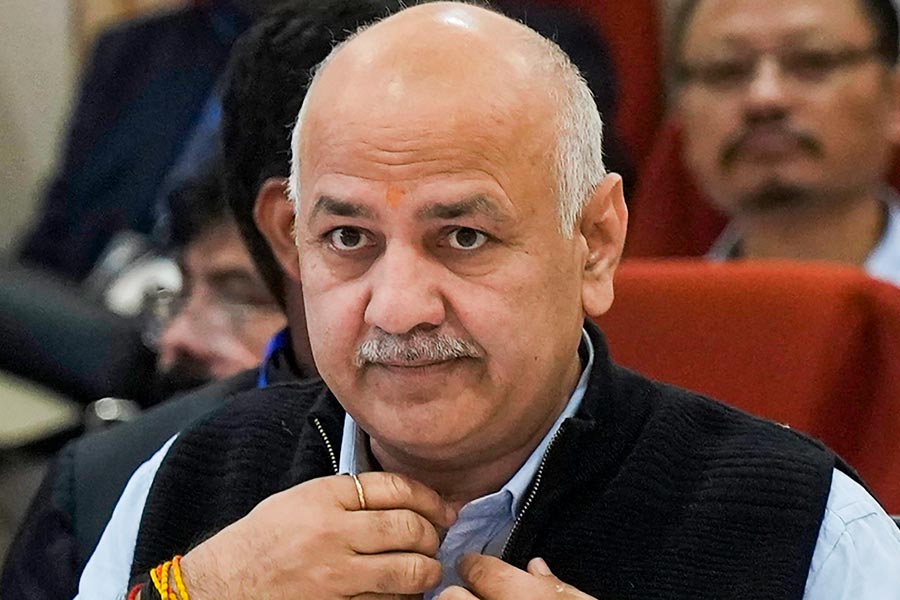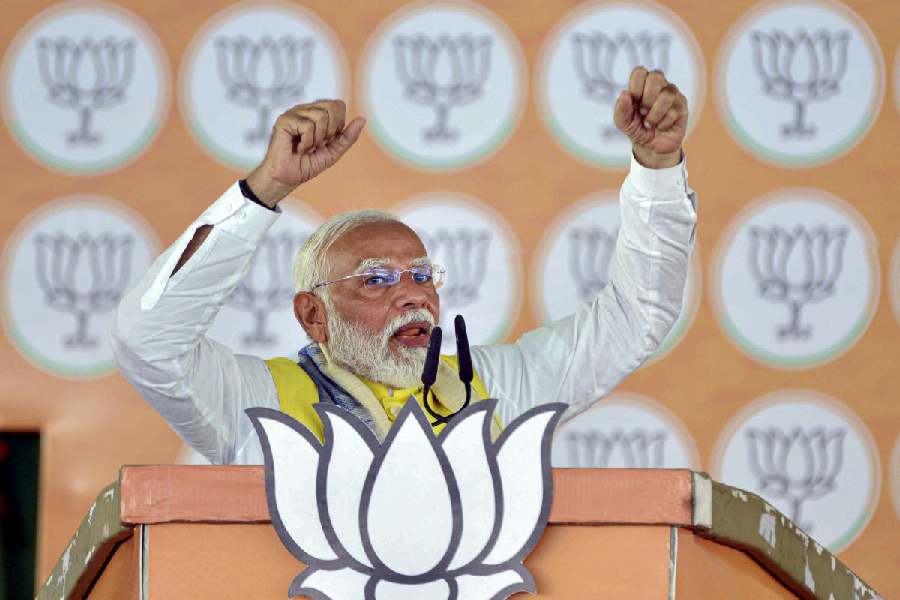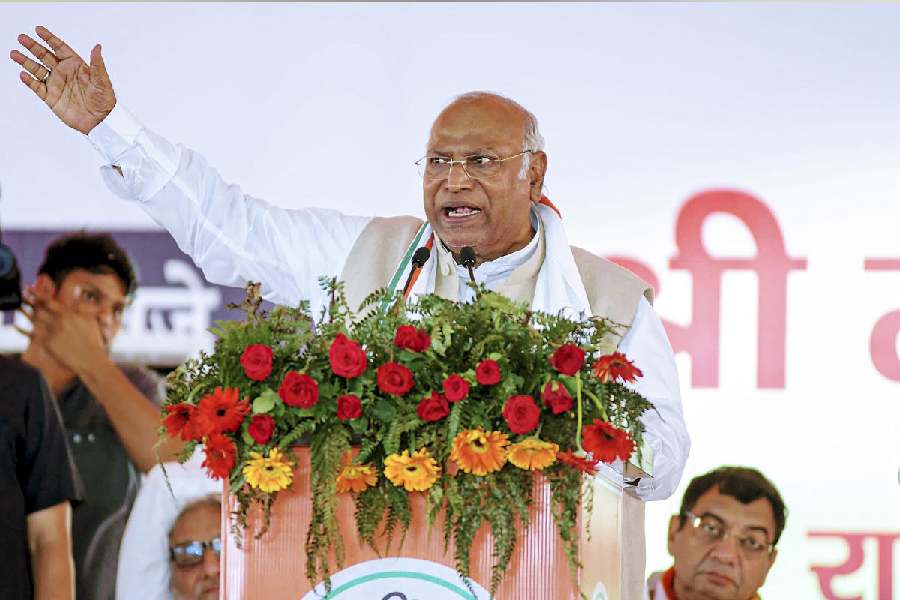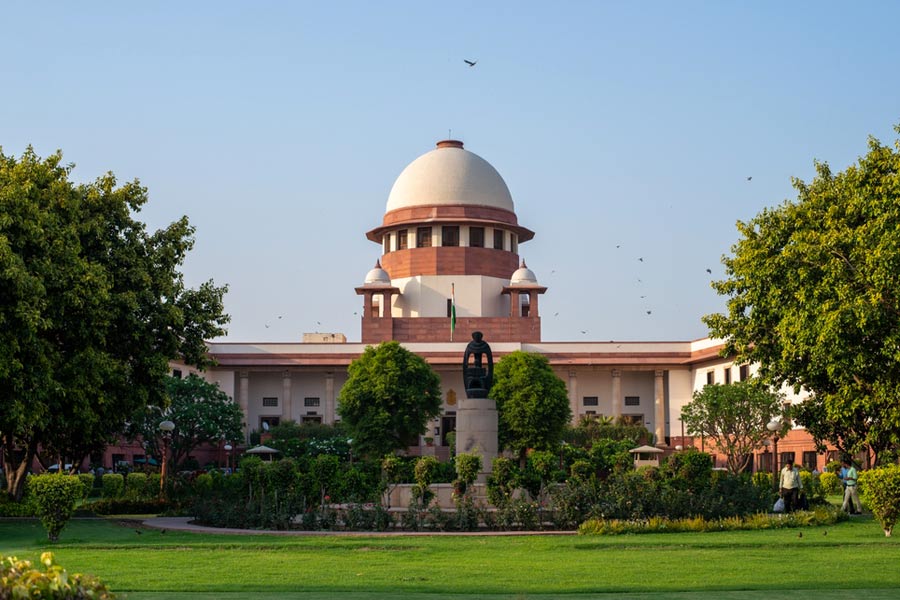The Election Commission of India laid out its reasons at length for awarding the name of the Nationalist Congress Party and its clock symbol to Ajit Pawar and his followers. Sharad Pawar and his loyalists have been allowed to fight the Rajya Sabha elections with a new name. Had the ECI not been so painstaking in its reasoning — making clear that of three applicable tests, only that of numerical strength could be applied — it could have seemed that a pattern was discernible in Maharashtra. Earlier, the ECI ruled that the Shiv Sena faction with Eknath Shinde at its head was the ‘real’ Shiv Sena and deserved the party symbol. Mr Shinde was sworn in as chief minister in place of Uddhav Thackeray, who apparently lost his party name and symbol because he stepped down without waiting for a floor test. Now Mr Ajit Pawar is the deputy chief minister, sworn in long before the ECI’s decision, and his ‘real’ NCP, like the ‘real’ Shiv Sena, is an ally of the Bharatiya Janata Party, unlike Mr Thackeray’s and Mr Sharad Pawar’s parties. Perceptions of patterns are probably a coincidence, since the ECI’s reasons are clear.
But no law or practice can make defection for gain acceptable; it would destroy not just the ethics but the reality of a democracy. The anti-defection law exempts defecting legislators from disqualification if they merge with another party with the consent of two-thirds of the party. The term ‘defector’ seems less popular than ‘rebel’ nowadays. Rebels must enjoy a romantic affection, because the condition of merging with another party is apparently no longer applicable. As both factions had been found faulty in two of the three tests of maintainability, both to do with the party constitution, the ECI said only the test of organisational majority was relevant. Voters of the Sharad Pawar-led NCP as also the electorate in general might wish to understand whether the flaws made the pertinent section of the anti-defection law unnecessary. Are changes of party for gain in wealth or power acceptable if the ‘rebels’ have numerical majority? Is it the ECI’s task to assess technicalities? The ECI’s responsibility seems to have become as confusing as the original NCP’s alleged flaws; it is no longer easy to recognise in it an independent institution defending democracy.


